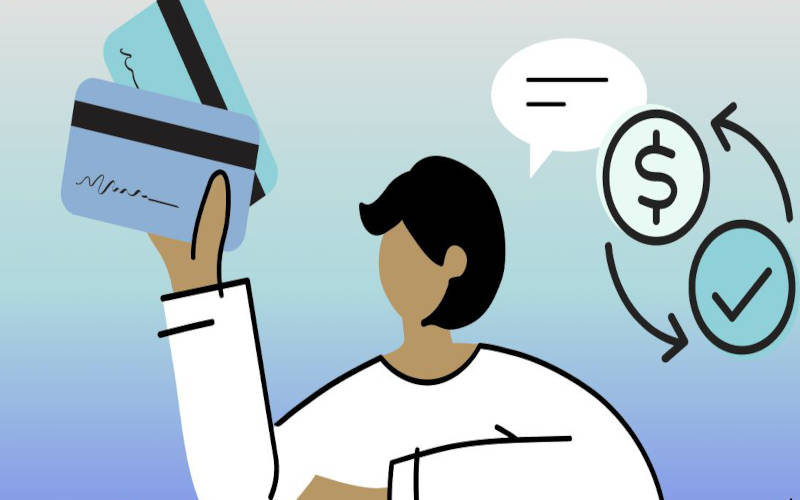Here’s something that’s really bothered me for the whole time I’ve been an adult.
FINANCIAL LITERACY SKILLS are not being taught in schools. Sure we know how to count change and we’re taught to put money in the bank as kids (well most of us are) but with the way the world is now days, kids need more than that. This is a huge subject area and I’ll be expanding on a lot of the points raised in due course. But for now here’s the general idea of what I’m thinking.
A young person leaving school needs to understand:
- how mobile phone contracts work
- how personal loans / credit cards work
- mortgages and how they work
- how picking the wrong partner can affect your finances (ie: getting involved with a drug addict / gambler / or even just how a divorce can affect your finances)
- keeping track of your spending in a digital age
Surviving in the current day and age is hard enough, thriving in this day and age is even harder. The young person of the day needs to have a higher level of financial knowledge than ever before.
Getting the above issues wrong in the first half of your life can seriously impact the rest of your life. Getting it right (or even just not getting in trouble) can set you up for the rest of your life in a big way.
Advice I’d give young people (my son especially) of today:
Credit can be your biggest down fall. Get in too deep and it’s possible you’ll never get out of it.
Unfortunately, the concept of secure employment where you can bank on your job for years to come is a thing of the past for many people. Assume your job won’t be there in 6 months when you’re thinking of getting credit. How would you cope if you didn’t have your job or things got quieter on the employment front?
- Avoid Credit cards – it’s easy to rack up purchases but much harder to pay for it
- Pay for your phone outright, don’t get a plan
- Don’t borrow money for a car – especially if you’re under 25
- Avoid contracts as far as possible – even home internet (run it through your phone if you can)
- Don’t tell others how much money you have in the bank
- Few bank accounts even pay enough interest to cover inflation – try and think of things to put your money into that either generate money (like a business idea / side hustle) or pay it into your house loan or super annuation account. Any of these can dramatically affect the quality of your life if you do this earlier in life rather than later.
- Set a realistic budget that you can live off and stick to it
- Reward yourself for achieving those goals!
If you’ve found this article on financial literacy informative be sure to check back on here regularly for more great articles at The Antisocial Network!



